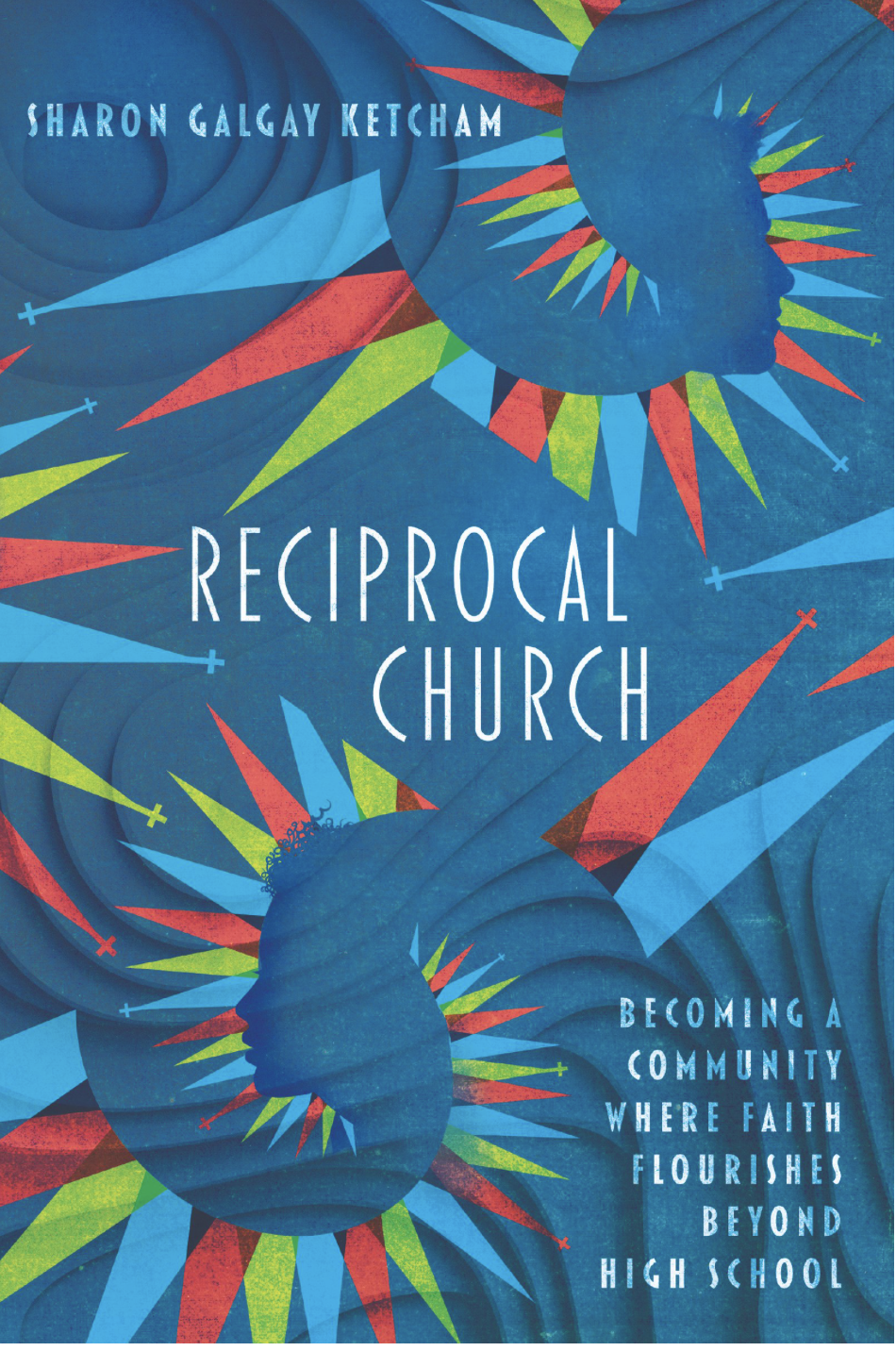From ‘Me’ to ‘We’: Reclaiming a Reciprocal Gospel
In her new book, Reciprocal Church: Becoming a Community Where Faith Flourishes Beyond High School, published by InterVarsity Press last month, Dr. Sharon Ketcham (Christian ministries) addresses the root of why rising generations are leaving the American evangelical Church.
“It used to be that when people were in their 20s they would walk away from the Church, and when they had children they would come back—because they wanted their children to have a moral grounding,” she says. “That narrative is no longer true.”
Today the religiously-unaffiliated “nones” are on the rise, according to the Pew Research Center, Barna and Gallup. Each year, these organizations report a higher percentage of people checking the “none” box on survey questions asking about religious affiliation.
After five years of research and over a decade of experience in ministry, Ketcham has watched the gospel message morph to fit a culture of individualism and consumerism. The emphasis, she says, has shifted to the personal relationship between an individual and Jesus and away from the community-centered gospel found in the Bible, which describes a shared Christian identity.
“We’re teaching a gospel that is about me and Jesus,” says Ketcham. “If we call that the whole of the gospel, why would people stay in a church?”
In her book, Ketcham also identifies a new misconception of the Church as a service provider. With this mentality, spirituality is a product that individuals consume for their own personal growth. “Church shopping,” says Ketcham, is one example of this. When a person doesn’t like a church’s music style, message or culture, they are apt to leave and try another.
“The ‘me-centered’ gospel says if the church doesn’t meet my needs, I will leave,” Ketcham explains.
So, how do churches get people—particularly young people—to stay? Ketcham suggests that the American Church needs to reframe the gospel so Christians see their faith as part of a greater community. To restore their communal identities, she says, churches need to practice reciprocity again—become places where there is give and take.
“The Spirit works in [the] push and pull . . . in order to transform,” explains Ketcham.
A good place to start, says Ketcham, is for churches to preach a community-centered gospel and invite young people to take part in church activities and ministries, such as mission trips and Bible studies.
“Rising generations will find community. The question is whether they will find it among fellow believers,” Ketcham says. “There’s lot of new, exciting churches to go to. But instead of evaluating churches by what they give to you, lean into difference. It’s much easier to be with the like-minded. Be ready to be a part of communities that are transforming.”
Ketcham’s new book Reciprocal Church is available for purchase on Amazon.
By Sydney Cooney ’19, English language and literature
 The Bell
The Bell